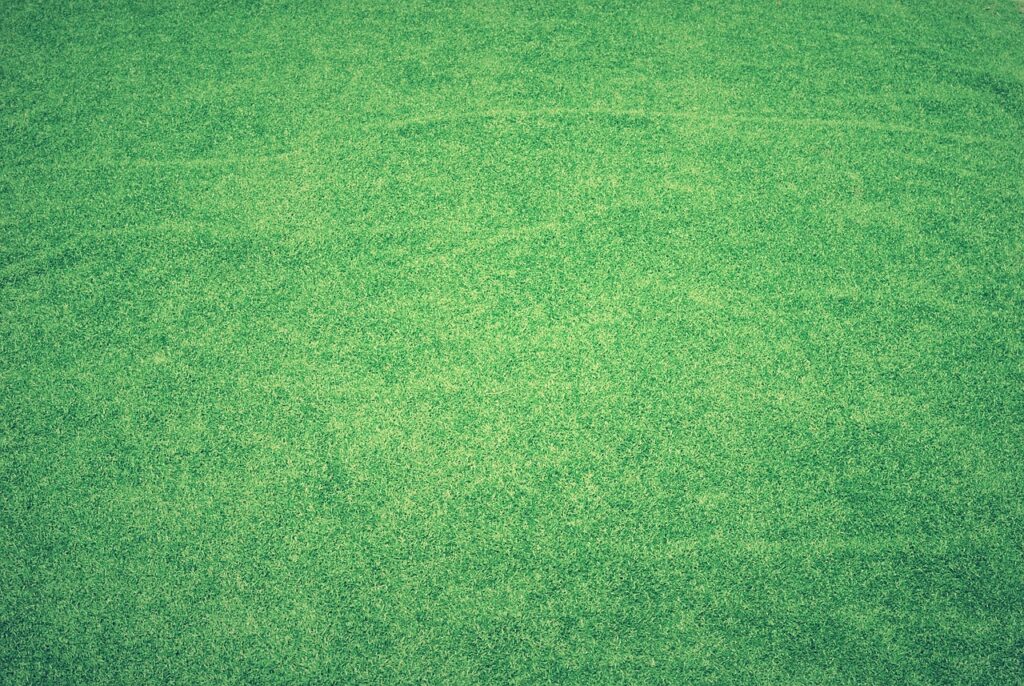
Brown lawns sleep through winter months like hibernating bears waiting for spring’s warm awakening call. Artificial turf installation Toronto homeowners choose maintains emerald color year-round transforming yards into perpetual green spaces. Like painting sunny skies on gray days, synthetic grass defies seasonal dormancy creating outdoor beauty when nature rests.
Why Synthetic Grass Beats Natural Cycles
Real grass surrenders to winter cold turning brown and muddy as snow melts and freezes repeatedly. Artificial turf installation Toronto specialists provide stays vibrant regardless of temperature drops or moisture levels. This permanent greenery creates curb appeal that natural lawns cannot match during half the calendar year.
Year-Round Color Advantage
Evergreen Aesthetics
Quality synthetic grass maintains rich green hues throughout winter while neighbors’ lawns fade to beige. This contrast makes properties stand out during months when most yards look neglected and lifeless. Constant beauty provides pride of ownership that dormant grass cannot deliver seasonally.
No Seasonal Die-Off
Natural grass stops growing when temperatures drop entering dormancy that lasts several months annually. Synthetic alternatives never sleep requiring no spring recovery period before looking presentable again. Instant beauty exists from first snowfall through final thaw without waiting for regrowth.
Winter Maintenance Benefits
Zero Mowing Required
Artificial lawns eliminate weekly cutting that consumes weekend hours during growing seasons. Homeowners reclaim time previously spent pushing mowers across yards repeatedly. This freedom matters most during short summer months when outdoor activities compete for limited free time.
No Fertilizing Needs
Synthetic grass requires no chemical treatments that natural lawns demand for health and color. This elimination saves money while reducing environmental impact from runoff carrying nutrients into waterways. Simplified care appeals to environmentally conscious families and those with limited gardening interest.
Reduced Water Usage
Real grass needs consistent watering throughout dry periods consuming thousands of gallons annually per property. Artificial turf eliminates this requirement reducing utility bills while conserving precious water resources. Drought-prone regions particularly value this conservation benefit through challenging climate conditions.
Installation Process Overview
Site Preparation
Contractors remove existing grass and soil creating stable bases for synthetic materials. Proper grading ensures drainage preventing water pooling that damages turf and creates mushy areas. Foundation work determines long-term performance making professional installation worth the investment.
Base Material Selection
Crushed stone or specialized aggregate creates firm, draining surfaces supporting turf without shifting. Compact bases prevent unevenness that appears over time with poor installation practices. Quality materials cost more initially but prevent replacement expenses from premature failures.
Turf Securing Methods
Perimeter nailing or adhesive application holds synthetic grass in place preventing lifting during wind events. Seams require careful joining creating invisible transitions between rolled sections. Professional technique ensures finished products look natural without visible construction evidence.
Pet-Friendly Features
Durability Under Traffic
Modern synthetic materials resist wear from dogs running, playing, and digging unlike natural grass that develops bare spots. Reinforced backing withstands pet activity that destroys real lawns requiring constant reseeding. Families with multiple animals appreciate turf’s resilience under heavy use patterns.
Odor Management Systems
Quality installations include antimicrobial infills preventing odor buildup from pet waste on synthetic surfaces. Drainage systems move liquids away quickly reducing cleaning demands. Simple hosing refreshes areas without intensive scrubbing that natural lawns require after pet accidents.
Snow and Ice Behavior
Melting Pattern Benefits
Artificial turf drains meltwater efficiently preventing muddy conditions that plague natural lawns during freeze-thaw cycles. Synthetic surfaces remain firm underfoot rather than turning into swamps that track indoors. This cleanliness matters greatly for families entering homes frequently during winter months.
Traction Maintenance
Textured synthetic grass provides better footing than slippery dormant natural grass during icy conditions. This safety advantage reduces fall risks for elderly residents and young children. Secure surfaces give confidence during outdoor winter activities.
Cost Analysis Framework
Upfront Investment
Synthetic grass installation costs more initially than seeding or sodding natural lawns. Professional installation represents significant expense requiring budget planning and financing for many families. Long-term thinking helps justify these costs through eliminated ongoing maintenance expenses.
Lifecycle Savings
Eliminated mowing, watering, and fertilizing costs accumulate substantially over turf’s lifespan. Homeowners recoup installation investments through years of avoided expenses and time savings. This math favors synthetic grass particularly in regions with water restrictions or expensive utility rates.
Aesthetic Customization
Blade Style Options
Different products mimic various grass types from fine fescue to broad Kentucky bluegrass appearances. Homeowners select styles matching regional preferences and personal taste. Customization creates natural looks despite synthetic materials.
Color Tone Selection
Turf comes in shades ranging from spring-green vibrancy to deeper forest tones. Matching existing landscaping creates cohesive outdoor aesthetics. Some products blend multiple colors mimicking natural grass variation.
Environmental Considerations
Reduced Chemical Use
Eliminating fertilizers and pesticides protects groundwater and reduces household chemical exposure. This benefit appeals to families concerned about children and pets contacting lawn treatments. Cleaner yards support healthier outdoor living spaces.
Longevity Impact
Quality synthetic turf lasts decades reducing landfill waste from frequent natural lawn renovation projects. This durability offsets manufacturing impacts through extended useful life. End-of-life recycling programs increasingly handle worn turf responsibly.
Your yard deserves beauty that persists through winter’s bleakest months when nature sleeps. Artificial turf creates green spaces that defy seasonal limitations providing year-round outdoor enjoyment.
